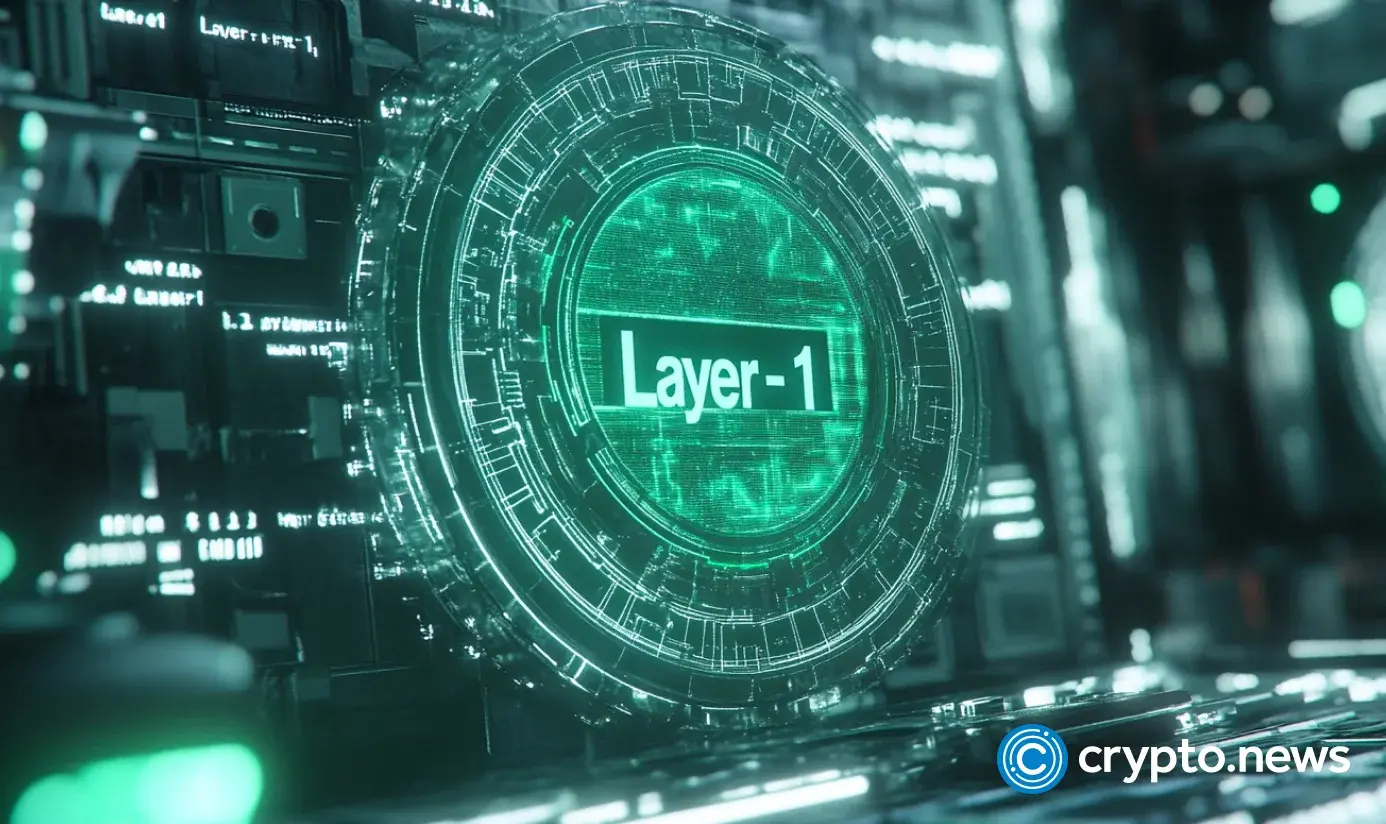Moca Chain debuts as identity-focused L1 backed by Animoca ecosystem


Fragmented logins, redundant KYC, and exposed personal data plague crypto, but Moca Network claims its ZK-powered L1 aims to flip the script. Launching with Animoca’s 700 million-user ecosystem, it’s betting big on verifiable credentials as the next infrastructure play.
On June 25, Moca Network, the identity-focused arm of Animoca Brands, unveiled Moca Chain, a new Layer-1 blockchain designed specifically for decentralized identity and verifiable data.
Built with zero-knowledge proofs and cross-chain interoperability, the network will allow users to store credentials privately while proving them across applications without exposing raw information. A testnet is slated for Q3 2025, with mainnet to follow in Q4.
Moca Chain’s bid to fix Web3’s broken identity system
According to the announcement, Moca Network is building specialized infrastructure for decentralized identity, combining four core technologies.
These include decentralized storage for user-controlled data, ZKP-based verification to preserve privacy, zkTLS to pull in real-world information without centralized intermediaries, and an Identity Oracle to enable cross-chain credential checks.
The modular identity layer’s goal is simple but ambitious: let users store credentials once—whether a KYC document, a university degree, or gaming achievements, and reuse them across any application without repeatedly surrendering personal data.
For developers, Moca Chain offers AIR Kit, a plug-and-play identity toolkit designed to integrate seamlessly with existing apps, wallets, and protocols without needing to rebuild UX from scratch.
Beyond privacy, Moca Chain is betting that reusable identity can unlock economic value. Today, businesses spend millions verifying users, while individuals derive no benefit from their own data. By turning credentials into portable assets, Moca could streamline compliance, enable new reward models, and reduce fraud.
Moca Chain is also a token economy experiment. At the network’s core is MOCA, the utility token that fuels every action on the chain. Issuing, verifying, storing, and even generating credential data via zkTLS all require MOCA. Validators need to stake it to secure the network, while verifiers pay with it to check credentials.
According to the statement, the more credentials issued and verified, the more MOCA gets used—creating a demand loop tied directly to network activity.




